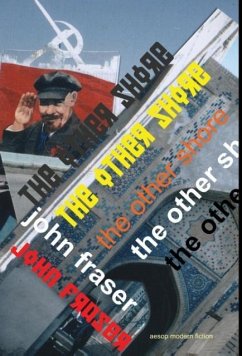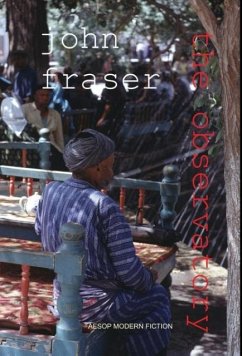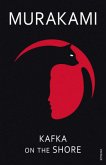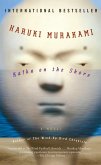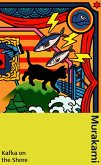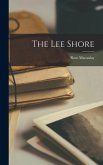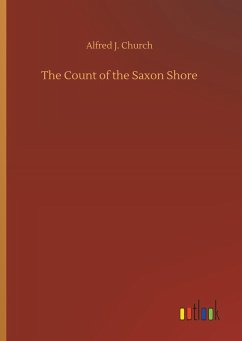A novel set during a critical point in Soviet history, whose protagonists are young Soviet intellectuals, bright but not brilliant, confronting a future threatened with war and stagnation, but still with the impetus of post-Stalinist regeneration. It is not a chronicle of that period's debates between neo-Bolsheviks, Leninists, social and liberal democrats, Trotskyists, Westernisers and traditionalists. It depicts a more modest but more frequently encountered search for commitment, for a meaningful political and social life, in a vast country where light and darkness flicker and alternate unpredictably. Although it may be categorised as political fantasy, the real fantasy lies in the collapse of the aspirations which drove all the protagonists at the time.
Hinweis: Dieser Artikel kann nur an eine deutsche Lieferadresse ausgeliefert werden.
Hinweis: Dieser Artikel kann nur an eine deutsche Lieferadresse ausgeliefert werden.

